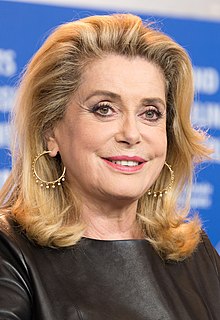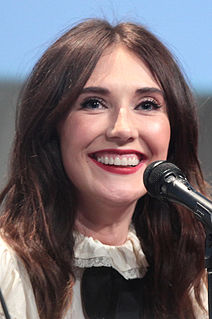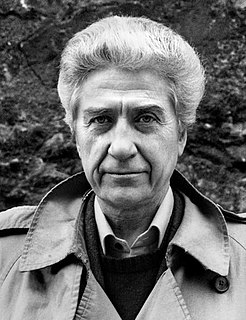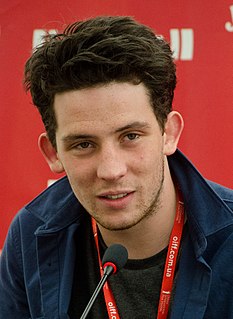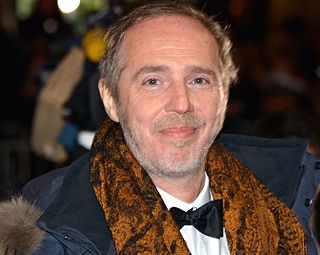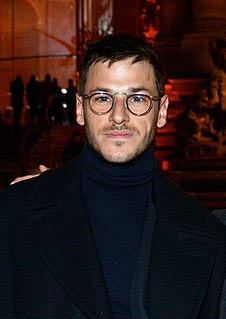A Quote by Michel Hazanavicius
I love silent cinema but don't hold it sacred. Like any branch of film there are some very boring films alongside the masterpieces.
Related Quotes
Film is a wonderful thing and it can be so many different things. I don't want to turn my back on any of the different ways movies can be. I love the movies. I love going to the films. I like very serious films, I love foreign films, and I love big, fun movies - as long as they're well made and they've got good scripts. That's the most important thing.
I studied cinema at the university so I had a very classical approach to it. I studied all those silent films, and then the films from the 1940's, the Nouvelle Vague, the late Hollywood films. Now I realize, as a young actor, that it's one of my duties to actually be aware of what is today's industry and today's next big directors.
More than my other films, Uncle Boonmee is very much about cinema, that's also why it's personal. If you care to look, each reel of the film has a different style - acting style, lighting style, or cinematic references - but most of them reflect movies. I think that when you make a film about recollection and death, you have to consider that cinema is also dying - at least this kind of old cinema that nobody makes anymore.

